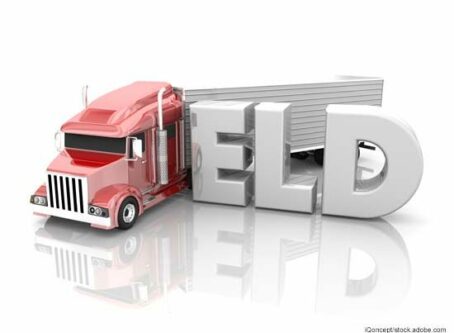Seven western states agree to improve electric vehicle infrastructure
Electric vehicle manufacturers just received an incentive boost after seven western states announced an agreement to build a regional electric vehicles (EV) corridor. The agreement covers more than 5,000 miles and nearly a dozen interstates.
Colorado, Idaho, Montana, Nevada, New Mexico, Utah and Wyoming recently agreed to the “REV West Plan.” The plan includes EV charging stations along east-west Interstates 10, 40, 70, 76, 80, 84, 86, 90 and 94, and north-south Interstates 15 and 25.
Part of the agreement will focus on developing minimum operation standards. Minimum standards will prevent any “inconsistencies between charging infrastructures,” according to a news release.
Data from the U.S. Office of Energy Efficiency and Renewable Energy shows that nearly 13,000 plug-in electric vehicles (PEVs) were registered in the seven states in 2015. A news release from the Colorado governor’s office reports more than 20,000 EVs and plug-in hybrids on the roads in western states.
PEV registrations per 1,000 people by state in 2015 were mostly concentrated on the coasts, with a significant emphasis on the West Coast. California leads the country in PEV sales. According to the California Plug-In Electric Vehicle Collaborative, total EV sales in the Golden State from 2011 to September 2017 were 334,393, accounting for nearly half of the national sales of 700,818 EVs. The Washington State Department of Transportation reports nearly 25,000 PEVs registered in the state as of June 30, 2017, halfway to the Evergreen State’s goal of 50,000 PEVs by 2020.
According to the Memorandum of Understanding signed by the states, the agreement will address “range anxiety.” A major issue with EVs is the relative short distance the vehicles can travel before requiring a charge.
The Office of Energy Efficiency and Renewable Energy reports the average driving range of electric vehicles between 60 and 120 miles on a full charge. A full recharge can take anywhere between four to eight hours, with a “fast charge” to 80 percent capacity taking 30 minutes. Until EV technology advances to allow longer distances and quicker charging times, charging station infrastructure is crucial to the viability of owning an EV.
According to the U.S. Department of Energy’s Alternative Fuels Data Center, there are more than 16,000 electric stations in the United States, accounting for nearly 45,000 charging outlets. DOE numbers do not include private stations.
A recent analysis by the DOE’s National Renewable Energy Laboratory reveals a need for more EV infrastructure. NREL concluded that approximately 4,900 direct current fast charging (DCFC) stations are “required across cities with an additional 3,200 DCFC stations required in towns to provide a minimum level of nationwide coverage in the communities where 81% of people live.” Additionally, about 400 corridor DCFC stations are needed to enable battery electric vehicle travel along Interstate highways between cities.









